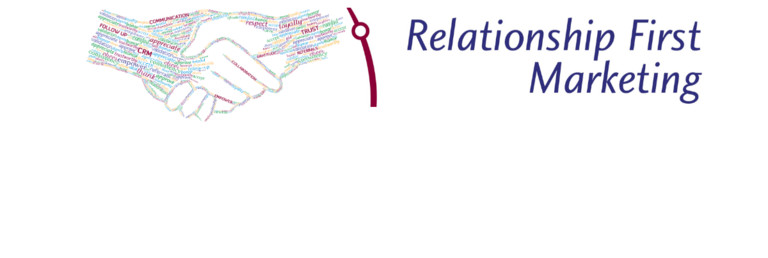 Although Facebook, Inc. owns Instagram, there are quite a few differences between the two popular social platforms when it comes to marketing strategies. While you can certainly test marketing campaigns on either platforms (or both, simultaneously), there are some important distinctions to keep in mind before deciding whether Facebook or Instagram should be your brand’s #1 priority:
Although Facebook, Inc. owns Instagram, there are quite a few differences between the two popular social platforms when it comes to marketing strategies. While you can certainly test marketing campaigns on either platforms (or both, simultaneously), there are some important distinctions to keep in mind before deciding whether Facebook or Instagram should be your brand’s #1 priority:
Instagram can help you reach younger audiences. Gen Z isn’t very interested in Facebook. While their parents, grandparents and even Millennial counterparts are still steadily using the platform, Gen Z is much more focused on Instagram and Snapchat. This means that marketers targeting audiences younger than 30-35 should factor overall reach into their campaign strategy and proceed with Instagram if you want to find Gen Z.
Sharing links is more difficult on Instagram. Unless you have a promoted/sponsored post with an Instagram business account, sharing links can be pretty difficult for marketers on Instagram. You only get one link in your profile and none for the caption of your post, which means that sharing stats will likely be much lower on Instagram than they would be on sharing-friendly Facebook. If you want to promote multiple web links at the same time, share links to content on your website or blog, or prioritize click-through rates in your next marketing campaign, then Facebook would be more suitable for these marketing objectives.
Adding Instagram can help increase engagement. There are more than 800 million monthly Instagram users (500 million of these are daily active users), and a majority of these users are based outside of the U.S. Notably, a 2016 study found that the engagement rate for all audiences on Instagram hovered around 0.84%, while Facebook’s engagement rate was only 0.53%. Additionally, studies have shown that Instagram users spend more time interacting with brands compared with Facebook users. Although Instagram makes it difficult to organically drive web traffic, a Yotpo study found that, on average, Instagram users spent more time on the website (192 seconds) compared with Facebook users who clicked on a link to a website (105 seconds).
All in all, there are plenty of good qualities to Facebook and Instagram that marketers can’t afford to ignore. However, with the latest privacy scandals and #DeleteFacebook movement (which was particularly popular among teens and early 20-somethings), Instagram is increasingly viewed as a better platform for marketers to use to reach their target audience members and boost sales.








